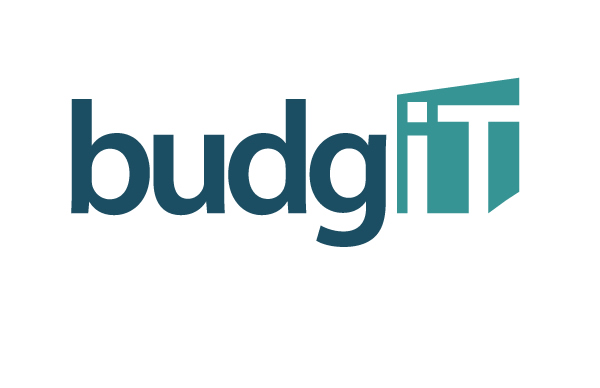As BudgIT presents cutting-edge findings on the fiscal condition of
states in Nigeria, Lagos, Rivers and other states have topped the 2019
Fiscal Sustainability Ranking.
This is according to the State of States Report, launched today in
Abuja, where BudgIT draws the curtain to unveil the realities of fiscal
sustainability of the thirty-six Nigerian states plus an anatomy of
their human capital investment, at the 2019 State of States and
Investing in People event.
According to a statement by its Communications Associate, Shakir
Akorede, BudgIT has issued annual editions of the State of States Report
since 2015, dissecting both financial and economic trends at subnational
level in Nigeria. The 2019 report came with a tweak in methodology by
using states’ actual expenditure as at 2017, reducing the probability of
unreliability, as posed by inflated budgeted figures especially
expenditure items. For this year’s report, BudgIT worked with all
thirty-six state governments on accessing their audited reports. “This
was aimed at making our fiscal index more governed by reality than by
budget estimates.” the statement reads.
In the last two editions of the report, we paid attention to the export
potentials of states and also competitiveness of states. However, in
this edition, we have broadened the scope by reviewing the current state
of health in each state, using broad metrics on infant mortality rate,
maternal mortality rate, access to skilled workers and doctor density
ratio among states. In addition, we explored testimonies from citizens
on the current state of health in the respective communities, bringing
to the fore challenges ranging from lack of access to skilled workers,
poor quality of personnel and lack of access to drugs. Our interest is
to further dive into the stories of citizens on the current state of
healthcare in the country and how resource allocations are not enough to
meet the heightening challenges.
While we would have liked to draw on 2018 audited statements for the
report, less than 15 states have published their audited statement,
making it largely unrepresentative for the states. “However, we note
that the issues of weak economies of states persists as they remain tied
to informal trade and skeletal industrial output with exception of
Lagos, Rivers, Delta, Ogun and Akwa Ibom states. Our report reveals that
most Nigerian states have still not figured out how to harness their
collective strengths, establish single focus investment products,
thereby becoming fulcrum of productivity and not just FAAC collection
centers,” BudgIT Principal Lead, Gabriel Okeowo, told journalists.
“While Nigerian states are not out of the woods due to the sub-optimal
federalism system that Nigeria practices, the recent one-off payments
such as the Paris Club Exchange Rate Refund, refund for federal road
projects to states, budget support fund and loans by the Central Bank of
Nigeria have helped many states with fiscal challenge to mildly recover.
It is interesting to see states like Cross River, with a bogus budget of
N1.04tn, spend less than N93bn on an annual basis which brings them up
the rank as well as Imo with its recurrent spending of N43bn,” Okeowo
added.
Lagos State leads the fiscal sustainability index, followed by Rivers,
Akwa Ibom and Kano States. Access to audited statements brought out some
facts on the true state of recurrent expenditure in focus states. We
noticed states such as Delta running huge recurrent expenditure reaching
N200bn while Bayelsa, despite its tiny size and population, has a
towering recurrent bill as high as N137bn, compared with Ebonyi (N30bn),
Sokoto (N38bn), Jigawa (N43bn), Yobe (N35bn), etc. It is a recurring
theme to see states in South-South Nigeria running high recurrent bills,
mainly driven by the high revenues earned due to the 13% derivation.
We believe that our work in terms of transparency must henceforth
explore the socio-economic dimensions of the Nigerian society. Our
belief is that Nigeria needs to create an incentive for states to expand
growth and earning potential, thereby activating resources needed to
improve the state of health, education and access to opportunity. BudgIT
believes that Nigeria possesses the required resources to change the
dynamics of its population, but this will require strong leadership in
a dynamic and competitive world.



